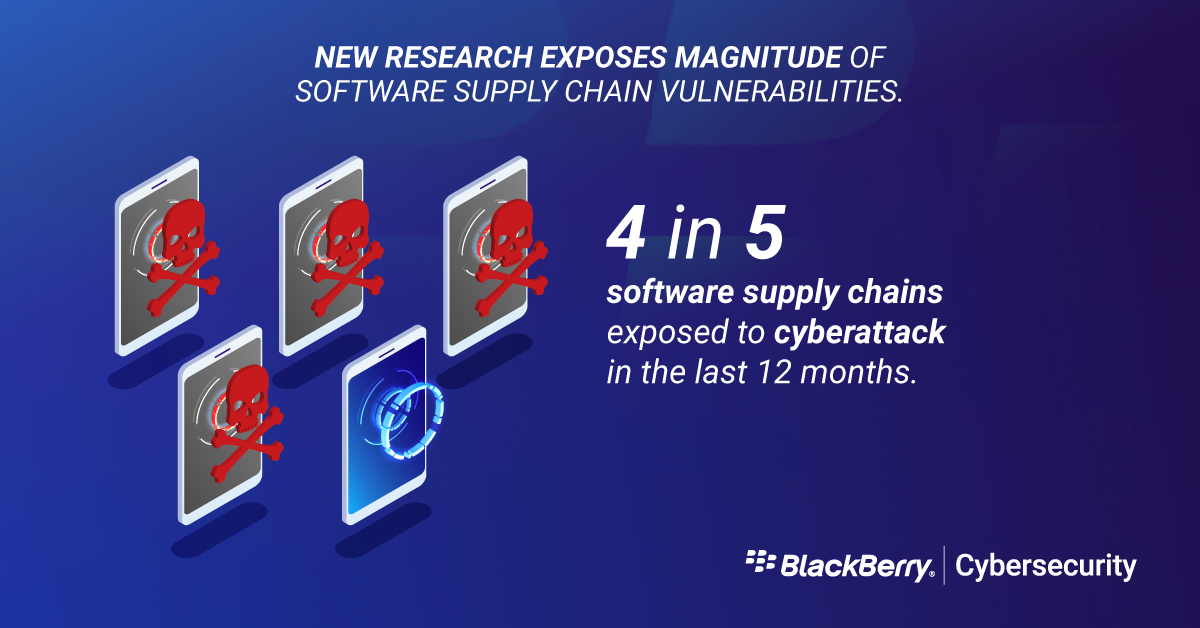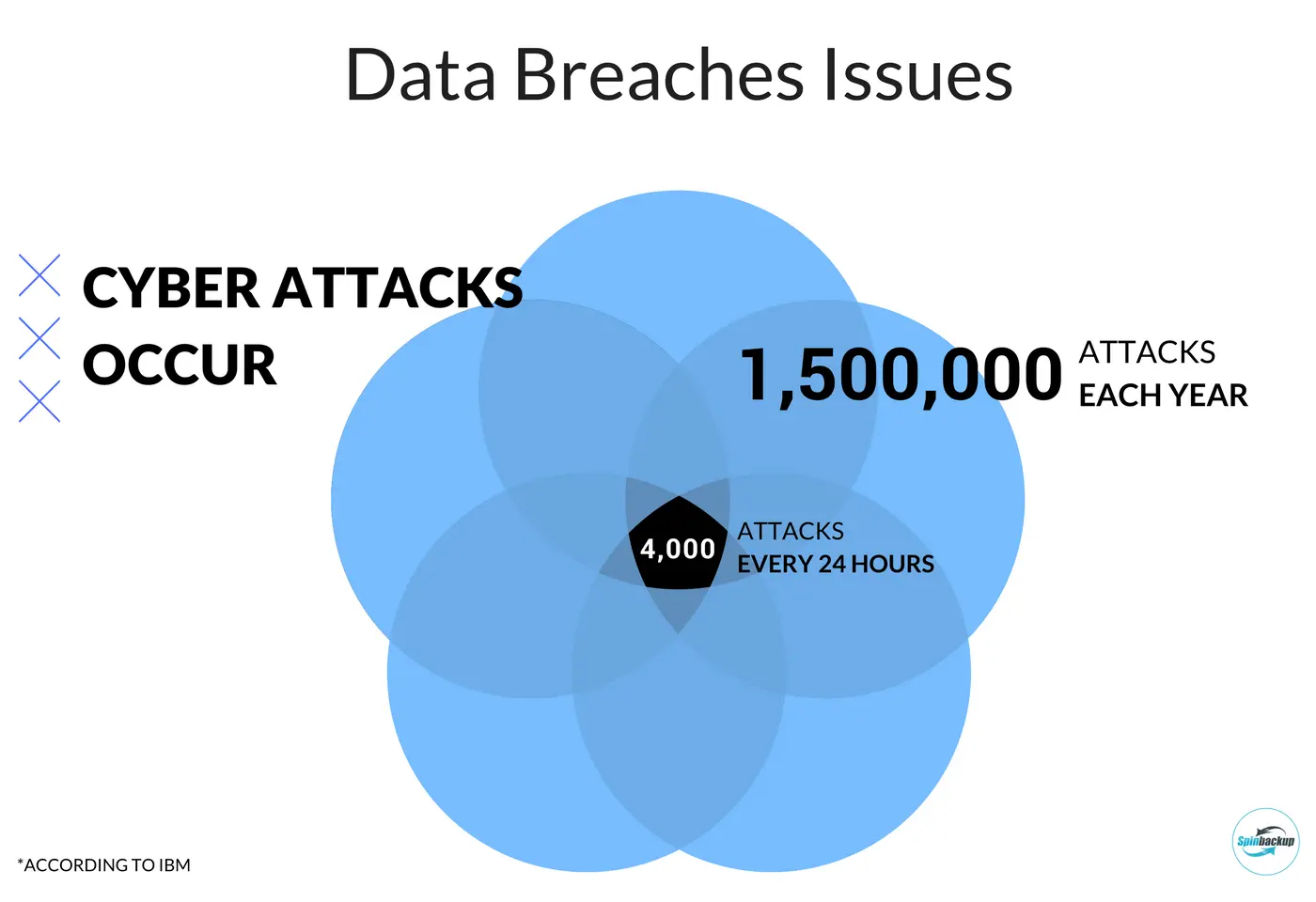Lazarus Group Hacks Open Source: 234 Packages Weaponized on npm & PyPI

Lazarus Group Hacks Open Source: 234 Packages Weaponized on npm & PyPI
A major security alert has been raised for developers using npm and PyPI package repositories. The notorious Lazarus Group, linked to North Korea, has been identified as the source of a widespread supply chain attack, compromising over 234 open-source packages. This sophisticated campaign aims to steal sensitive information from developers and their CI/CD environments.

Four in Five Software Supply Chains Exposed to Cyberattack in the Last ...
The Lazarus Group's Attack Vector
The Lazarus Group's strategy involves creating and distributing malicious packages that mimic popular web development tools. These packages are designed to look legitimate, enticing developers to unknowingly incorporate them into their projects. Once installed, the malicious code executes, attempting to steal sensitive data such as:
- API keys
- Credentials
- Solana wallet keys
- Other secrets stored in the developer's environment
The attackers employ various obfuscation techniques to hide the malicious code and evade detection. This makes it difficult for developers to identify the compromised packages before they cause harm.
Impact on Developers and the Open-Source Ecosystem
This supply chain attack poses a significant threat to developers and the broader open-source ecosystem. If a developer's system is compromised, the attackers could gain access to sensitive information, potentially leading to:
- Data breaches
- Financial losses
- Reputational damage
- Compromised software builds
The widespread nature of the attack, targeting both npm and PyPI, highlights the vulnerability of open-source software supply chains. Developers need to be vigilant and take proactive steps to protect themselves.
Protecting Yourself from Supply Chain Attacks
Here are some steps developers can take to mitigate the risk of supply chain attacks:
- Verify package authenticity: Before installing a package, check its source, author, and reputation. Look for packages with a large number of downloads and positive reviews.
- Use dependency scanning tools: Implement tools that automatically scan your project's dependencies for known vulnerabilities.
- Implement strong security practices: Follow secure coding practices and regularly update your dependencies to patch known vulnerabilities.
- Monitor your environment: Keep a close eye on your system for any suspicious activity, such as unexpected network connections or unusual file modifications.
- Use a software composition analysis (SCA) tool: SCA tools help identify and manage open source components in your software, providing visibility into potential risks.
Key Takeaways
The Lazarus Group's attack on npm and PyPI serves as a stark reminder of the growing threat of supply chain attacks. Developers must prioritize security and take proactive steps to protect themselves and their projects. By staying informed, implementing strong security practices, and utilizing security tools, developers can significantly reduce their risk of falling victim to these types of attacks.
References
- Information Security Buzz: Lazarus Group Weaponizes Open Source In Global ...
- Security Online: Lazarus Group's Covert Supply Chain Attack: North Korean ...
- CISO2CISO: Over 200 Malicious Open Source Packages Traced to ...
- GBHackers: Lazarus Hackers Weaponize 234 npm and PyPI Packages ...
- Sonatype: Sonatype uncovers global espionage campaign in open ...
- The Record: North Korean hackers target open-source repositories in ...
- BlackBerry Blogs: Supply Chain Attack Image





.jpg)